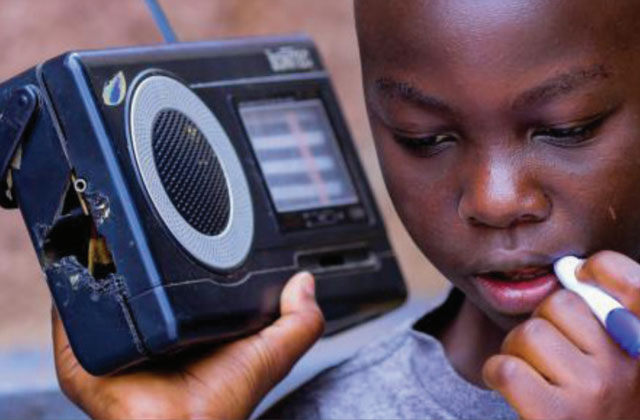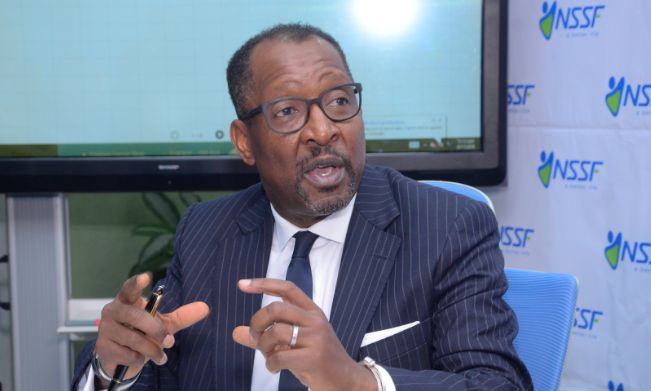A pupil listening to a radio lesson.
The Ministry of Education and Sports has rolled out another round of radio programs, as part of its efforts to ensure continuity of learning during school closures.
This time around, the lesson will be taking care of learners in Primary Six and all classes at the secondary level, with the exception of candidate classes, which are deemed to be empty. The lessons are set to air for four weeks starting August 16.
According to the education ministry, the lessons will be broadcast on 15 radio stations selected on a regional basis. The radio stations include; Mega Fm, Tembo Fm, Radio Wa, Voice of Karamoja, Radio Pacis, Open Gate, Radio Kitara, and CBS FM, Radio Kagadi, Kasese Guide FM, Baba FM, Radio West, and Voice of Kigezi.
Each of the procured stations will be airing at least four lessons per day running from Monday to Friday at different times, mostly morning and evening hours.
“Parents are therefore requested to support learners with radio sets and allow them time to tune in to the various Radio Stations to attend the lessons,” a statement by the Education Ministry Permanent Secretary Ketty Lamalo reads.
The government started airing radio lessons during the first lockdown last year but later, allowed physical classes to resume as COVID-19 cases dropped. However, on June 6, schools and institutions of high learning were closed again as Uganda went through a second wave of the pandemic. Some of the cases were reported within the schools, and according to the government, they can only be reopened after learners have been vaccinated.
But experts have continued to poke holes into the radio broadcasts as an alternative to physical lessons. For instance, a study by a team of researchers from Makerere and Kyambogo universities revealed that learners did not understand radio lessons because the teachers were very fast and that their explanations were not tailor-made for broadcasting.
Another report by UNESCO indicated that the program in question also faced production challenges due to the absence of pre-existing partnerships for the design and broadcasting of educational content, and also lacked collaboration between education specialists and the professionals of the audio sector.
Despite all the criticism, authorities at the education ministry insisted that the program is better than having nothing in place. “Learning cannot wait. We must ensure that our learners are engaged even during these difficult times of COVID-19 even before schools can reopen,” Minister John Chrysostom Muyingo said during an interview.
Muyingo further notes that they are also preparing to print and distribute more volumes of self-study materials to complement the broadcast lessons.
As the most recent radio lessons for middle primary learners aired in June and July this year, a mini-survey by URN reporters showed that many parents and learners both in Kampala and upcountry were unaware of the program.
-URN





